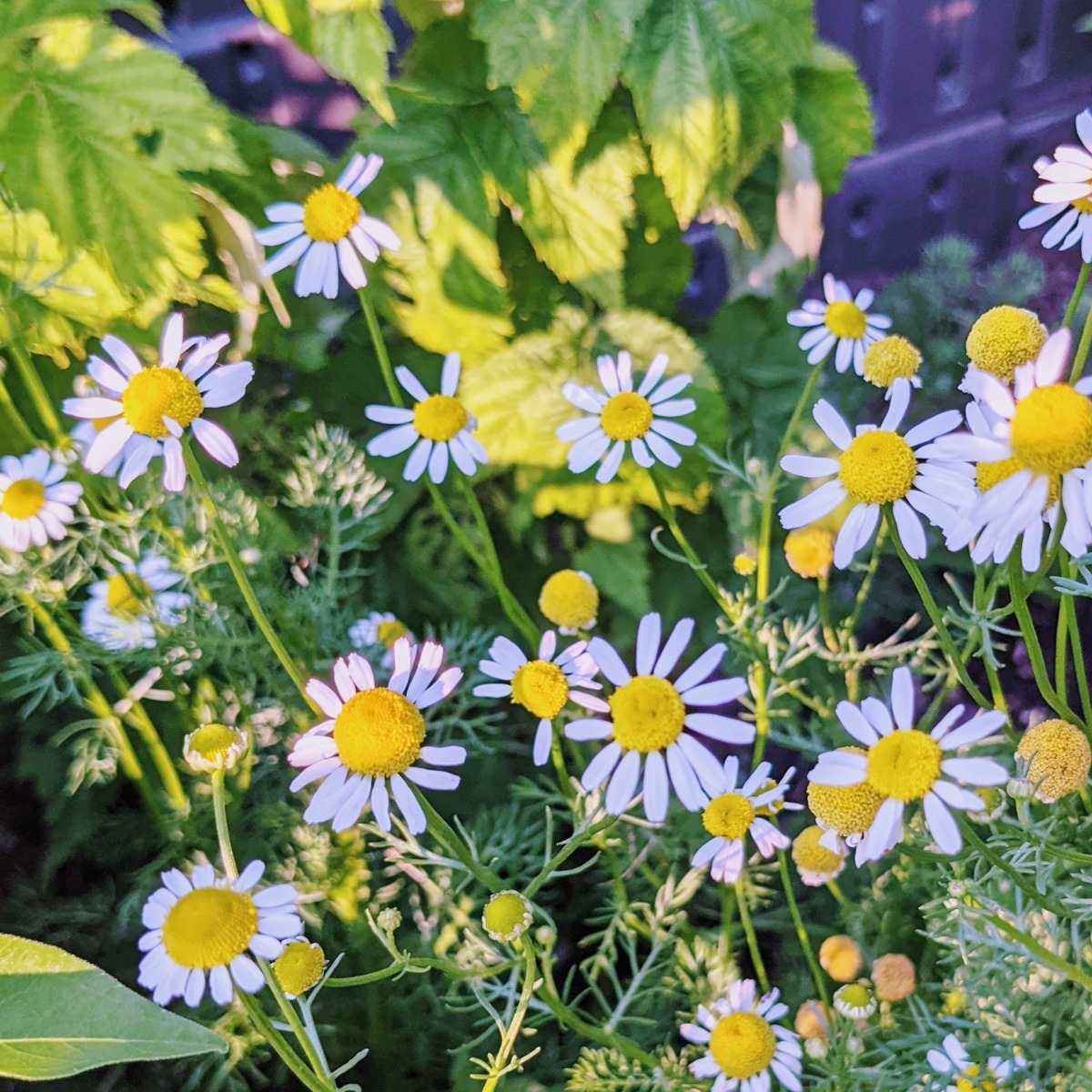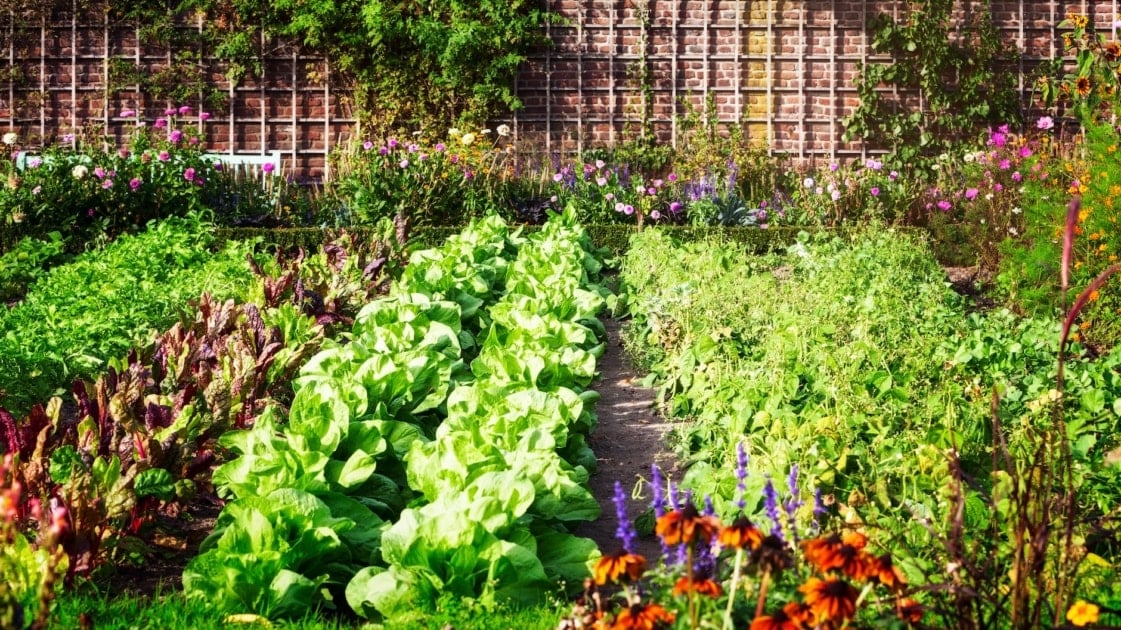Amazing Onion Companion Plants That Will
Onions are a staple in many gardens, and for good reason. They're delicious, versatile, and relatively easy to grow. But did you know that there are certain plants that can actually help your onions grow better? That's right, companion planting is a great way to boost the health and productivity of your garden.
In this blog post, we'll discuss some of the best onion companion plants. We'll also talk about how to plant them together and why they work so well together. So whether you're a seasoned gardener or just starting out, read on for some helpful tips!
What are companion plants?
Companion planting is a gardening technique that involves planting certain plants together to benefit each other. Some plants, for example, can help to repel pests, attract beneficial insects, or improve the soil quality.
When choosing companion plants for onions, it's important to consider their needs and requirements. Onions prefer full sun and well-drained soil. They also need a lot of nitrogen, so it's a good idea to plant them with nitrogen-fixing plants like legumes.
What are some of the best onion companion plants?
Here are some of the best onion companion plants:
- Brassicas: These plants, including broccoli, cabbage, cauliflower, and kale, are all susceptible to insect damage. Onions can help to repel pests like cabbage loopers and cabbage moths.
- Carrots: Carrots and onions have different root systems, so they won't compete for nutrients. They also help to improve the flavor of each other.
- Chamomile: Chamomile is a flowering herb that has insect-repelling properties. It can also help to improve the drainage of the soil around your onions.
- Herbs: Many herbs, such as dill, mint, and parsley, make great companion plants for onions. They can help to repel pests, attract beneficial insects, and improve the flavor of your onions.
- Lettuce: Lettuce and onions have similar growing requirements, so they can be planted together without any problems. Lettuce can also help to shade the soil around your onions, which can help to prevent weeds from growing.
- Peppers: Peppers and onions have different pests and diseases, so they can help to protect each other. Peppers can also help to improve the flavor of your onions.
- Spinach: Spinach is another leafy green that can be planted with onions. It can help to attract beneficial insects and improve the soil quality.
- Tomatoes: Tomatoes and onions have different root systems, so they won't compete for nutrients. Tomatoes can also help to repel pests like aphids and tomato hornworms.
How to plant onion companion plants together
When planting onion companion plants together, it's important to follow a few simple guidelines:
- Plant the companion plants at the same time as the onions.
- Space the plants according to their mature size.
- Water the plants regularly, especially during dry weather.
- Fertilize the plants as needed.
- Monitor the plants for pests and diseases.
Conclusion
Companion planting is a great way to boost the health and productivity of your garden. By planting onions with the right companion plants, you can help to repel pests, attract beneficial insects, and improve the soil quality. This will lead to a healthier harvest of onions that are full of flavor.
So next time you're planting onions, don't forget to consider their companion plants. With a little planning, you can enjoy a bountiful harvest of delicious onions all season long.
FAQ of onion companion plants
Here are the 5 most frequently asked questions about onion companion plants, along with valuable insights and solutions:
- What are some good companion plants for onions?
Onions can be grown successfully with a variety of companion plants, but some of the best include:
* Brassicas: These plants, such as cabbage, broccoli, and Brussels sprouts, release chemicals that help to repel pests that can damage onions.
* Chamomile: Chamomile is a flowering plant that helps to improve the flavor of onions. It also attracts beneficial insects, such as ladybugs, which help to control pests.
* Summer savory: This herb helps to improve the growth and flavor of onions. It also deters pests, such as onion maggots.
* Carrots: Carrots and onions can be grown together because they have different pest and disease problems. Carrots also help to improve the flavor of onions.
* Leeks: Leeks and onions can be grown together because they have similar growing requirements. They also help to repel each other's pests.
- What are some bad companion plants for onions?
Some plants should not be grown near onions, as they can compete for nutrients or attract pests. These plants include:
* Garlic: Garlic is a member of the same family as onions, and planting them too close together can lead to cross-pollination. This can result in onions that have a strong garlicky flavor.
* Potatoes: Potatoes and onions are susceptible to the same diseases, so planting them near each other can increase the risk of infection.
* Peas: Peas release chemicals that can stunt the growth of onions.
* Spinach: Spinach can attract aphids, which can also damage onions.
* Tomatoes: Tomatoes and onions can compete for nutrients, so it is best to plant them in separate gardens.
- How do I plant onion companion plants?
When planting onion companion plants, it is important to consider their mature size and spacing requirements. For example, brassicas and leeks need more space than chamomile and summer savory. It is also important to plant companion plants that have similar water and sunlight requirements.
In general, it is a good idea to plant onion companion plants in alternating rows or blocks. This will help to maximize their benefits and minimize any potential negative effects.
- How do I care for onion companion plants?
The care requirements for onion companion plants will vary depending on the specific plants. However, in general, they should be watered regularly, especially during dry periods. They should also be fertilized regularly, using a balanced fertilizer.
It is important to inspect onion companion plants regularly for pests and diseases. If any problems are found, they should be treated promptly.
- How do I harvest onion companion plants?
The harvest time for onion companion plants will vary depending on the specific plants. However, in general, they should be harvested when they are young and tender. This will help to preserve their flavor and nutrients.
Once harvested, onion companion plants can be eaten fresh, cooked, or preserved. They can also be used to make compost or mulch.
Image of onion companion plants
- Cabbage. Onions will generally work best with Brassicas, members of the cabbage family. They help to repel pests and diseases that can affect cabbage, such as cabbage moths and clubroot.

- Chamomile. Chamomile is a flowering herb that can help to repel pests such as aphids and whiteflies. It can also improve the flavor of onions.

- Summer savory. Summer savory is another flowering herb that can help to repel pests. It can also improve the flavor of onions and help to prevent them from rotting.

- Carrots. Carrots and onions are both root vegetables that can benefit from being planted together. Carrots help to improve the flavor of onions, and onions help to repel pests that can affect carrots, such as carrot rust flies.

- Leeks. Leeks are another type of onion that can be planted with onions. They have similar growing requirements and can help to repel pests.

Post a Comment for " Amazing Onion Companion Plants That Will"